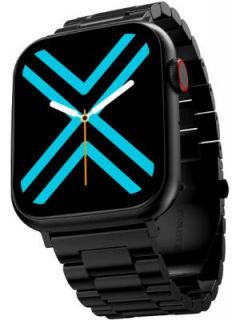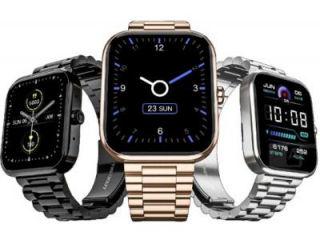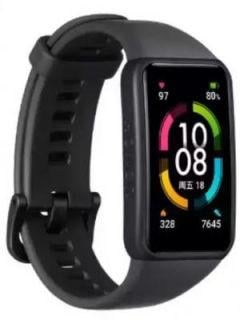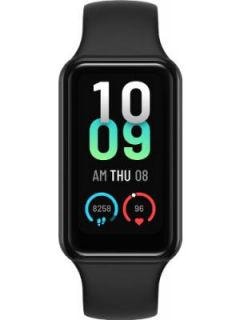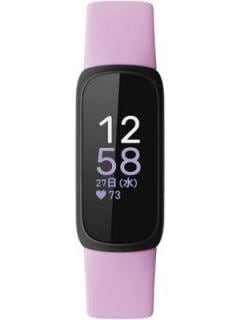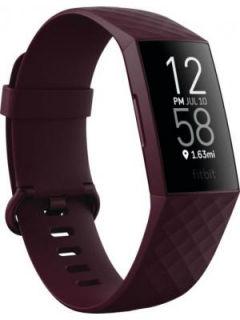Smart wearables are new-age technology for self-care
With a growing affinity towards leading a healthier lifestyle, consumers today are looking for new ways to track their activities to fine-tune their routines.
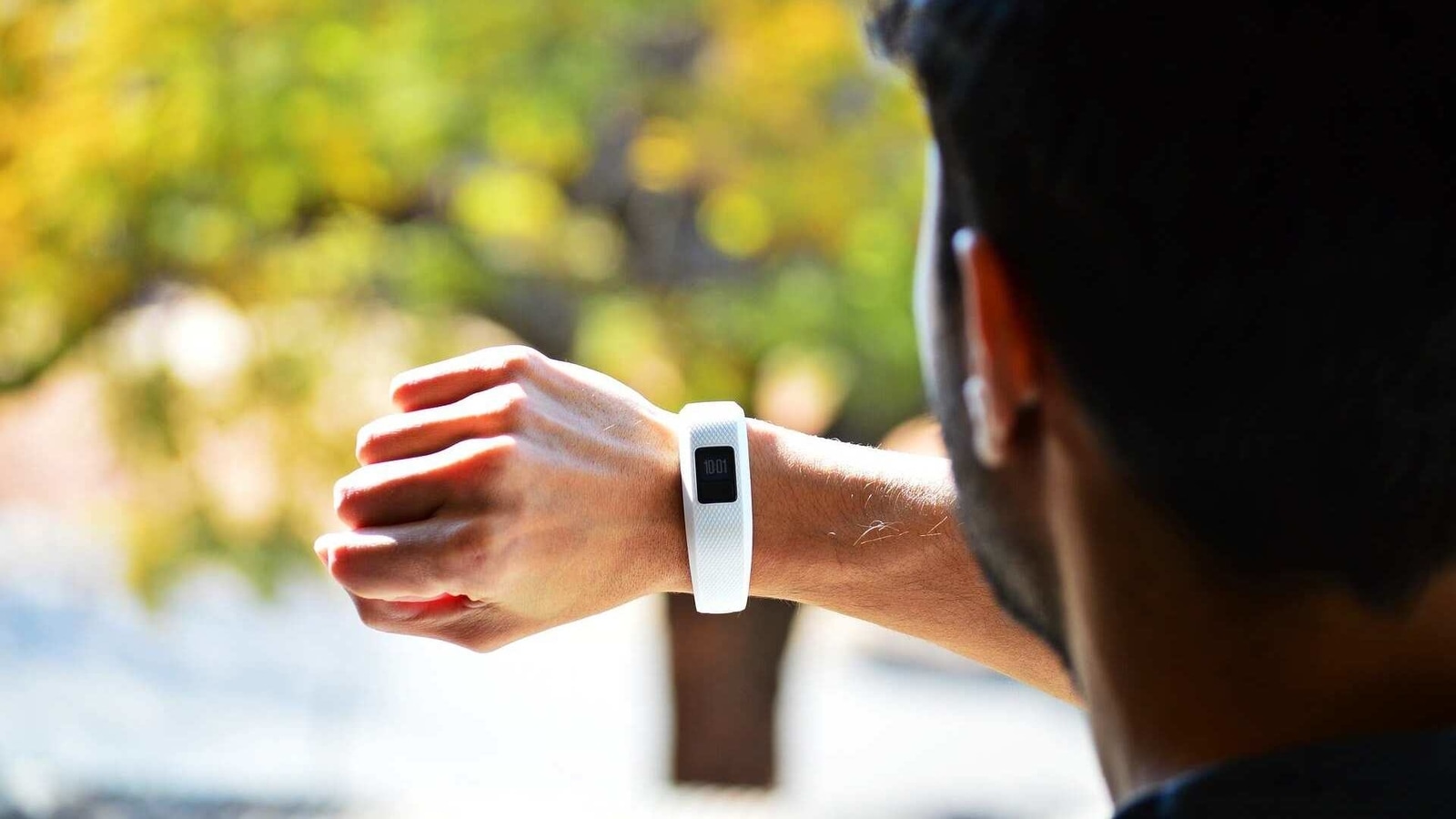
The growing popularity of wearable devices such as fitness trackers, smartwatches, head-mounted devices, earplugs, has significant implications in the fitness and healthcare industries. This rapid growth of wearable technology products is spurred by the desires of millennials and is showing no signs of slow down. Growing innovation and advancement in technology will see stronger prospects in the smart wearable segment.
As per Gartner's 2019 report, consumers will spend $51.5 billion in 2020 on consumer wearable technology, a 27% jump from 2019's forecast spending globally. This dramatic increase is due to the shifting lifestyle choices of the millennials.
Consumers today are both tech-savvy and health-conscious, and wearable devices are becoming a big catalyst towards this lifestyle change of India's fitness-conscious audience and urban demographics. But given the current situation, we have to see how the category pans out this year.
With a growing affinity towards leading a healthier lifestyle, consumers today are looking for new ways to track their activities to fine-tune their routines. This combined with the consumers' need for convenience, makes wearables the preferred choice of device. This factor has pushed brands to focus on innovation and spend more on venturing and further expanding the wearable technology such as smart bands and watches which are relevant and related to fitness and health.
Also Read: Bluetooth SIG is working to bring Covid-19 exposure tracing to wearables
Today, budget-friendly fitness bands are the rage and consumers are investing in them, more than they invest in smartwatches due to a large price gap between the two. However, since fitness bands offer limited functionalities as compared to a smartwatch, and with increasing demands of the consumer for more features in the affordable segment of wearables, the brands are now shifting their focus towards reducing the price of the smartwatches, thus filling the gap and in turn providing innovation at a lower budget.
With accessories, brands are also in tow to capture the market share. In fact, a study by Mintel suggests that affordable smartwatches will soon show exponential growth in the affordable yet feature-rich segment in terms of innovation and product portfolio, rather than the premium flagship segment.
People are leading fast-paced lives, juggling between various tasks. Hence the tendency to ignore one's health and fitness has become high. This has led to people seeking the help of new-age technology as a self-care equipment/buddy, as these devices can easily be worn to continuously and closely monitor an individual's activities in terms of health and fitness in real-time. In addition, these wearable items can also provide timely awareness on various health parameters to the users.
Also Read: Fitbit, Apple Watch to help spot a disease before you get sick
Wearables are becoming the ‘go-to' self-care devices for the consumers. Today, fitness wearables such as fitness trackers and smartwatches help in monitoring and tracking fitness-related metrics such as distance walked or run, calorie consumption, and in some cases even one's heartbeat, oxygen levels and quality of sleep. In fact, it is not just the basic fitness tracking but also the prevention of chronic diseases, which has become a lot easier due to the use of health and fitness wearables.
And, given their functions and widespread popularity, manufacturers have embraced data-driven wellness functions to help meet customers' demands. For instance, for the consumers to keep a close watch on their health and fitness, companies have adopted features that allow them to track the oxygen saturation level in their blood, sleeping patterns, 24x7 Heart Rate Monitoring. Hence, these features have become the fixture of the modern world.
Brands now are not only keen on selling a product but also look forward to finding and providing value addition to the consumer's lifestyles. A value-added experience is critical to effectively engage the end-user in the digital experience and the provision of these features is leading to a comfortable and easy lifestyle, enabling progress in the wearables market. Consumers meet their fitness milestones through smart wearables, as they help in self-evaluation.
Also Read: Indian wearable market is booming, earwear segment registers 443.6% growth
Being simply the enablers and propagators of a better tomorrow, the advancements in AI solutions is further fuelling the exponential growth of the wearables. This is especially transformational for the wearables which are helping in enabling smart, resilient, reliable and effective healthcare ecosystems. And with technological advancements and innovations being openly embraced in the wearables space, there lies a huge potential and sustained growth in this avenue.
From traditional timepieces to technologically-driven smartwatches, the wearables industry has come a long way. Now, we are heading towards a time when even wearables such as eye-wear to even shoes, will evolve and become smart and self-care devices for the ages. Perhaps, further improving mankind's lifestyle.
This article is written by Charles Peng, President, HONOR India.
Catch all the Latest Tech News, Mobile News, Laptop News, Gaming news, Wearables News , How To News, also keep up with us on Whatsapp channel,Twitter, Facebook, Google News, and Instagram. For our latest videos, subscribe to our YouTube channel.



